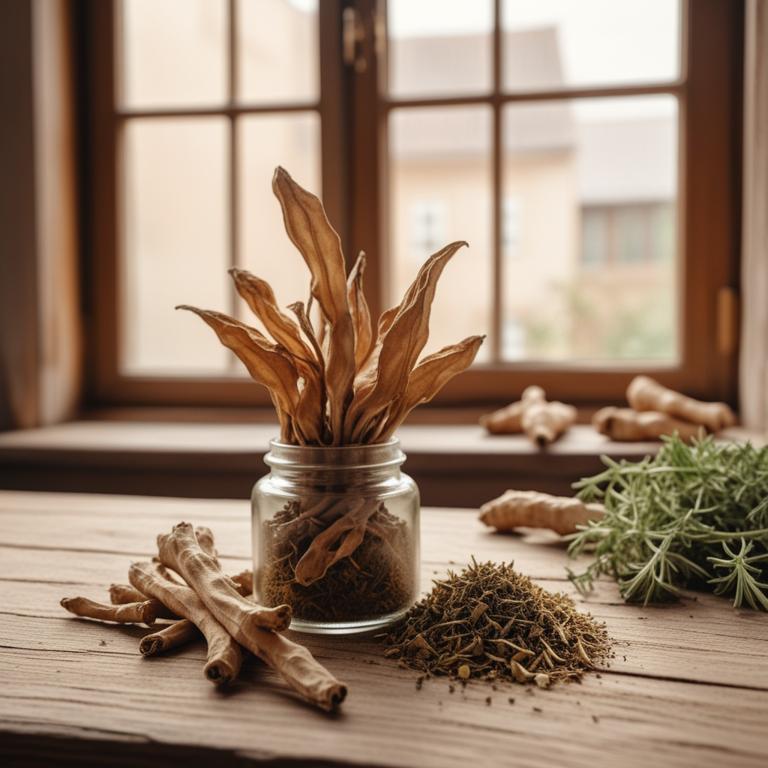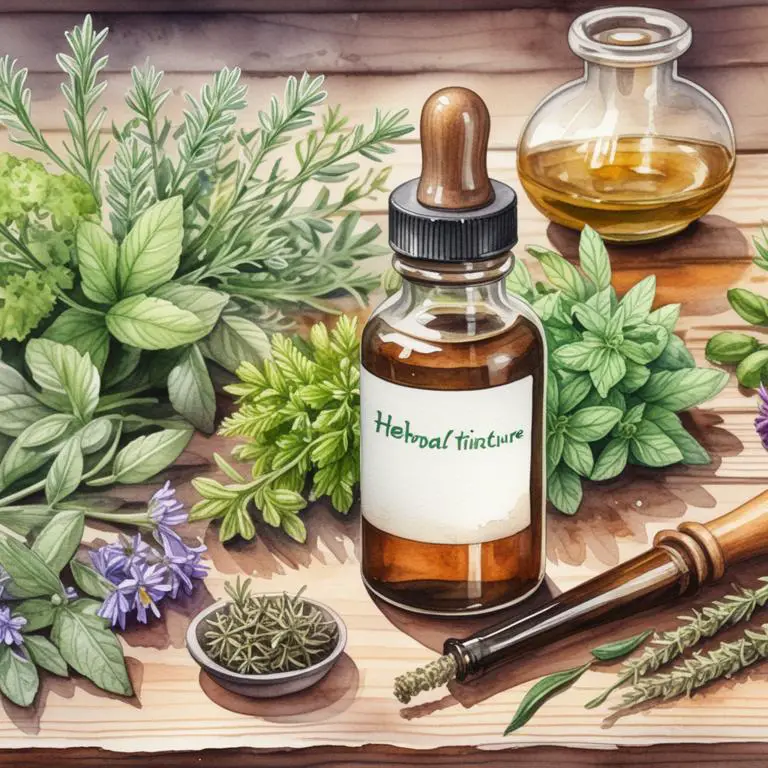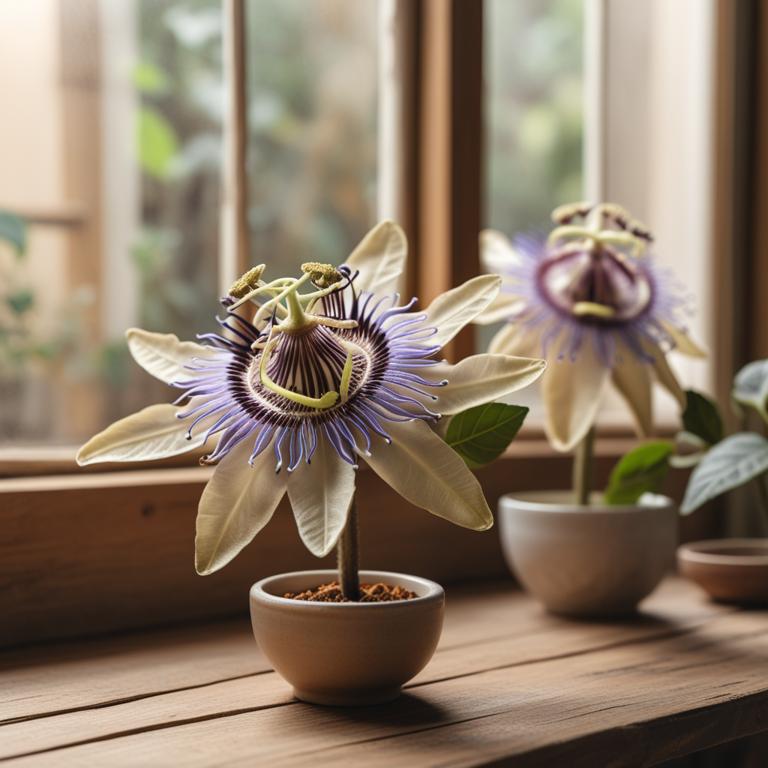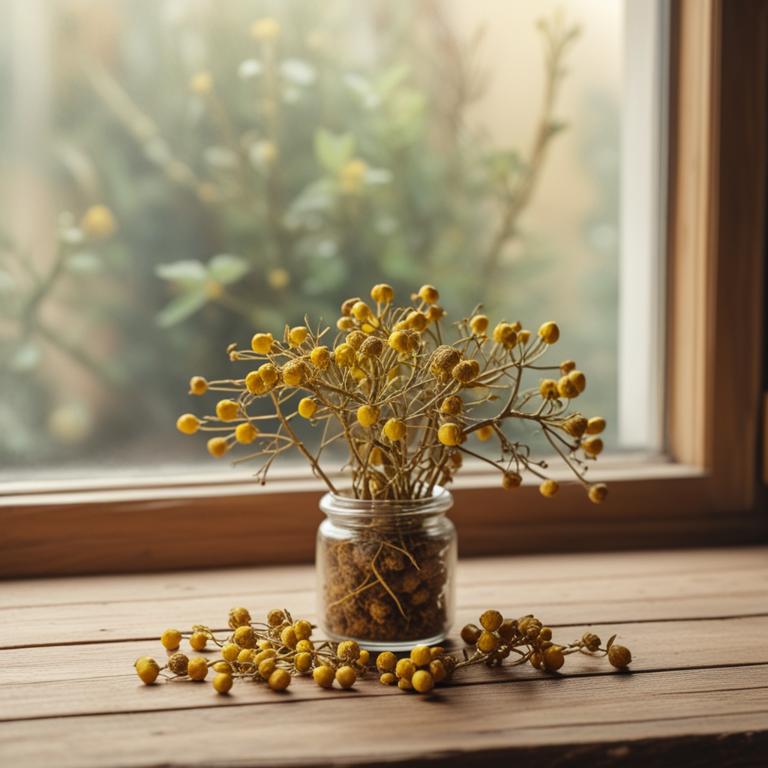Updated: Dec 1, 2024
Chills: Understanding the Causes and Herbal Preparations for Treatment
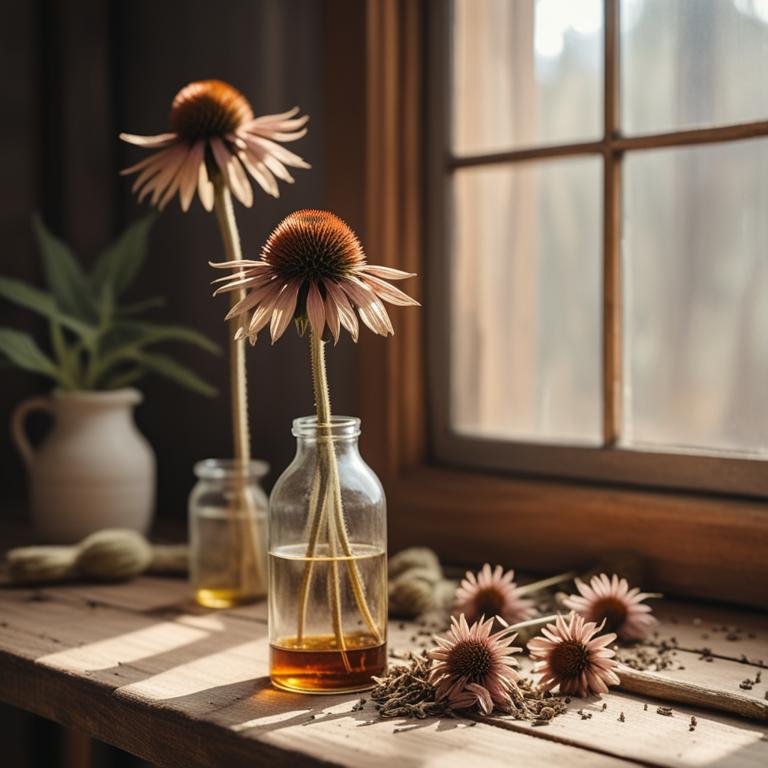
Chills can be a miserable experience, leaving you feeling cold, shivery, and uncomfortable.
It's not just a physical sensation, but can also affect your mood and energy levels, making it hard to enjoy daily activities. Chills are often a response to your body's fight against an infection, cold weather, or even stress. When your body temperature drops, it's a sign that something is amiss. The causes of chills can range from a common cold or flu to a more serious underlying condition, such as anemia or hypothyroidism. In some cases, chills can also be a side effect of certain medications or a sign of an allergic reaction.
Fortunately, herbal remedies can help alleviate chills and promote a sense of warmth and comfort. Herbs like ginger and cinnamon have natural warming properties that can help raise your body temperature and reduce shivering. Peppermint and eucalyptus can also help ease congestion and open up airways, making it easier to breathe and relax. To use these herbs for chills, try drinking a warm tea made with ginger, cinnamon, and peppermint. You can also add a few drops of eucalyptus oil to a humidifier or inhale it directly from a cloth or handkerchief.
Taking a warm bath with Epsom salt and adding some dried herbs like ginger and cinnamon can also help soothe your body and mind.
Table of Contents
What factors cause chills?
The main causes of chills are usually related to infections or health issues that affect the body's temperature regulation.
One of the most serious causes is meningitis, an infection that inflames the protective membranes (meninges) surrounding the brain and spinal cord, causing a rapid drop in body temperature. Another severe cause is septicemia, a life-threatening blood infection that can cause chills, fever, and other symptoms due to the body's fight against the infection.
A less severe but still concerning cause is fever, which occurs when the body's temperature rises in response to an infection or illness, but can also cause chills. Pneumonia, an infection that inflames the air sacs in the lungs, can also cause chills, especially if it becomes severe and affects the body's ability to regulate its temperature. Hypothyroidism, a condition in which the thyroid gland does not produce enough hormones, can also cause chills, as the body's metabolism slows down, leading to changes in body temperature.
Diabetes, particularly if it is not well-managed, can also cause chills, as the body's inability to regulate blood sugar levels can disrupt its ability to regulate body temperature.
What are the benefits of using herbs to alleviate chills?
Using herbs to treat chills can be really helpful.
They can help to reduce your fever and make you feel more comfortable. Some herbs have anti-inflammatory properties, which can help to ease body aches and pains. Others have antimicrobial properties, which can help to fight off the infection that's causing your chills in the first place.
Herbs can also help to boost your immune system, so your body can fight off the infection more effectively. They can even help to promote sweating, which can help to bring down your fever. Additionally, many herbs have antiviral and antibacterial properties, which can help to prevent the infection from getting worse.
This can be especially helpful if you're already feeling weak and tired from being sick.
What are the main medicinal herbs for managing chills?
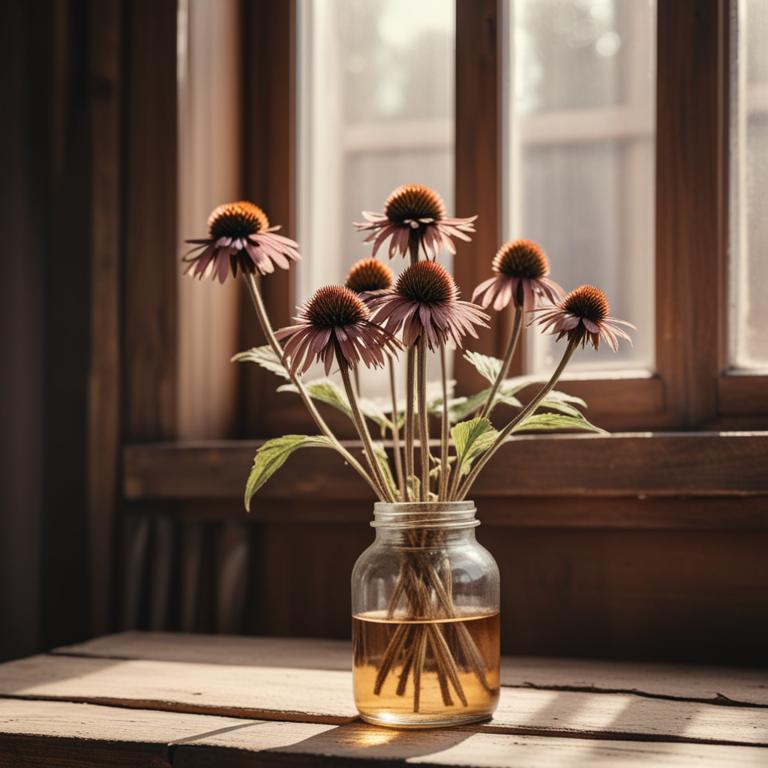
When you're feeling the chill, certain herbs can help.
Echinacea purpurea, also known as coneflower, is a great example. It's been used for centuries to boost the immune system and fight off infections that can cause chills. It's especially helpful when you're feeling under the weather and your body is trying to fight off a cold or flu. Another herb that can help with chills is Zingiber officinale, or ginger. It has natural anti-inflammatory properties that can help reduce fever and soothe a sore throat, two common symptoms of the chills. You can make a warm tea by steeping fresh ginger in hot water, which can be very soothing. Cinnamon, or Cinnamomum verum, is another herb that can help with chills.
It has antimicrobial properties that can help fight off infections, and its warm, spicy scent can help clear your sinuses and make you feel more alert. You can add cinnamon to your tea or use it in cooking to get its benefits. Ginkgo biloba is also sometimes used to help with chills. It's known for its ability to improve blood flow and reduce inflammation, both of which can be helpful when you're feeling under the weather. However, it's worth noting that ginkgo biloba is typically used in combination with other herbs, rather than on its own. Finally, there's Rosmarinus officinalis, or rosemary. While it's often associated with digestive issues, rosemary can also be helpful when you're feeling chilled.
It has natural decongestant properties that can help clear your sinuses and make you feel more alert, and its antibacterial properties can help fight off infections.
Which herbal preparations are commonly used to treat chills?
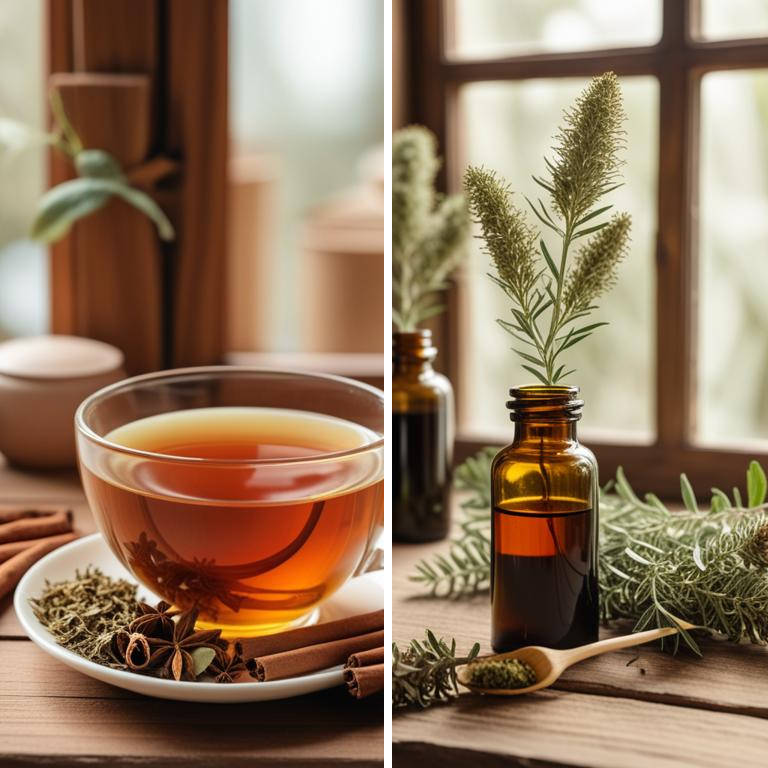
When you're feeling under the weather and get the chills, herbal preparations can be a great help.
One of the best ways to use herbs for chills is to make a warm tea. You can steep a tea bag or add herbs like ginger, peppermint, or chamomile to hot water to make a soothing drink that can help raise your body temperature and ease your discomfort. Another way to use herbs is to make a decoction, which is similar to a tea but involves simmering the herbs in water for a longer time to bring out their active ingredients. Decoctions can be especially helpful for herbs like ginger and turmeric, which have anti-inflammatory properties that can help to ease aches and pains. You can also take herbs in the form of a tincture, which is a concentrated liquid extract that can be taken in small doses.
Tinctures are often used for herbs like echinacea and ginseng, which have immune-boosting properties that can help to fight off illness. If you prefer a more gentle approach, you can make an infusion by steeping herbs in cold water for a short period of time. Infusions are great for herbs like peppermint and chamomile, which can help to calm your mind and body. Herbal salves can also be helpful when you're feeling under the weather. Salves are topical creams or ointments that can be applied directly to the skin to provide relief from aches and pains.
You can make a salve by infusing herbs like calendula and arnica in a carrier oil, which can be applied to the skin to help reduce inflammation and promote healing.
Additional Resources:
Are there any herbs you should steer clear of when experiencing chills?
If you have chills, it's a good idea to be careful with certain herbs that might make things worse.
Sassafras albidum, for example, is often used to ease body aches, but it can also increase sweating, which might not be what you need if you're already cold. Panax ginseng is another herb to watch out for - while it's often used to boost energy, it can sometimes cause chills or shivering as a side effect.
Valeriana officinalis, on the other hand, can help with sleep, but it can also make you feel cooler than you are. Glycyrrhiza glabra is sometimes used to treat coughs, but it can also lower your body temperature, which might not be what you need if you're already feeling chilly. Piper nigrum, commonly known as black pepper, can be used to relieve congestion, but it can also cause blood vessels to dilate, leading to a drop in body temperature.
If you're already feeling cold, it's best to avoid these herbs or use them with caution, as they might make your chills worse.
FAQ
Are there any specific herbs that can prevent chills?
Ginger is often used to help with chills, as it has natural warming properties.
Some people also find relief with peppermint, which can help open up airways and improve circulation.
Additionally, cinnamon has been known to have a warming effect on the body, which may help alleviate chills.
Is it safe to use herbal remedies for chills during pregnancy?
When you're pregnant and feel cold, some herbal remedies might help.
However, it's essential to be cautious. Some herbs, like pennyroyal and blue cohosh, are not recommended during pregnancy because they can cause harm to the fetus.
Always check the ingredients and instructions carefully before trying any herbal remedy.
Are there any herbs that can reduce the frequency of chills?
Ginger is known for its warming properties, which may help reduce chills.
It contains compounds that increase blood flow and body temperature. Some people find relief from ginger tea or supplements. Other herbs like cayenne pepper also contain capsaicin, which can stimulate circulation and warm the body.
These herbs may help alleviate chills, but more research is needed.
Can i combine different herbal remedies for chills?
You can try combining different herbal remedies for chills, but be cautious.
Some herbs may not mix well together or interact in unexpected ways. For example, combining peppermint with ginger may help soothe your body and calm your nerves.
However, if you're unsure, start with small amounts and see how your body reacts.
Related Articles
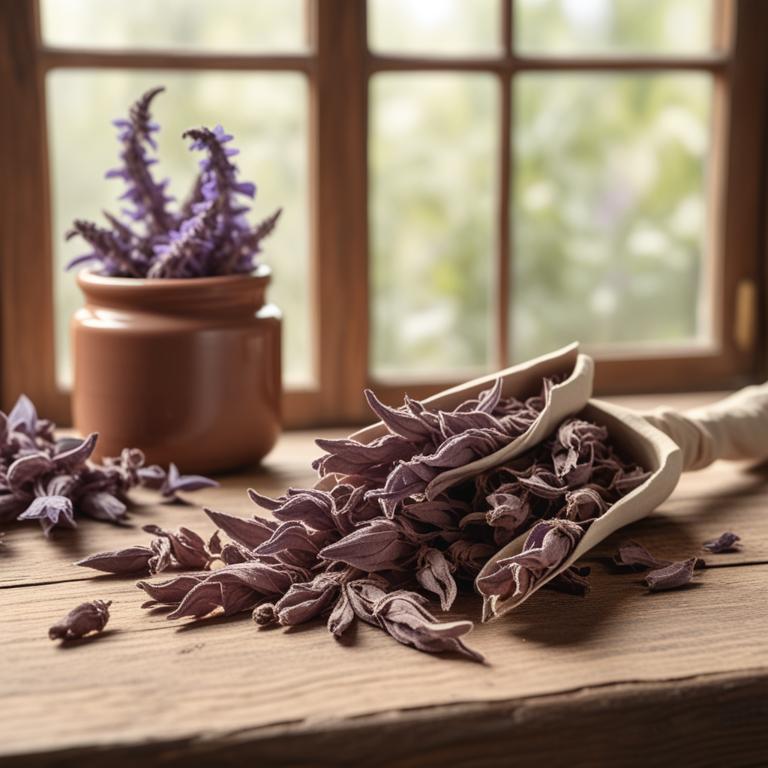
Alzheimer's Disease: Exploring Causes, Medicinal Herbs, and Herbal Remedies
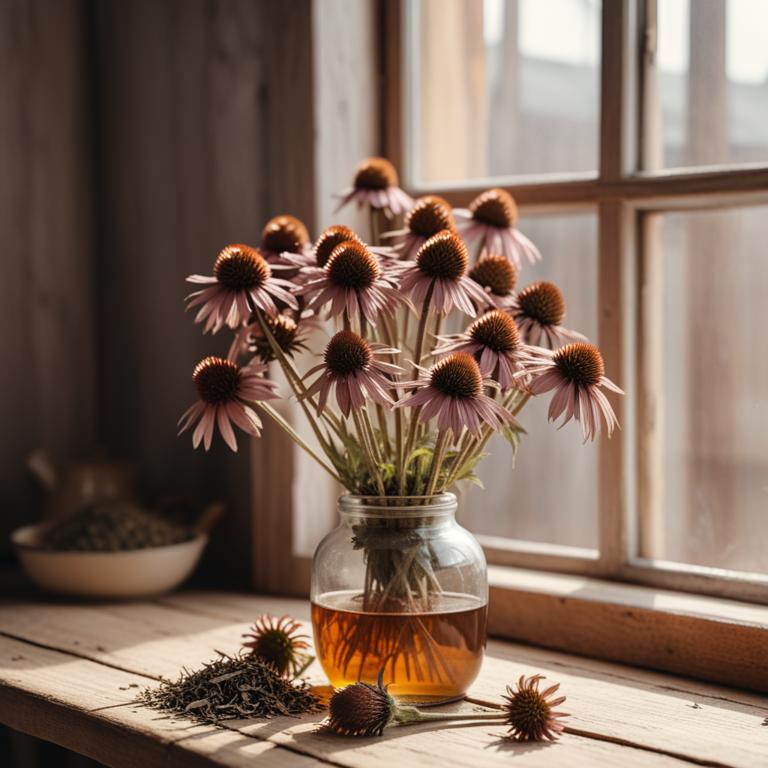
Dry Mouth Remedies: Causes and Natural Treatments
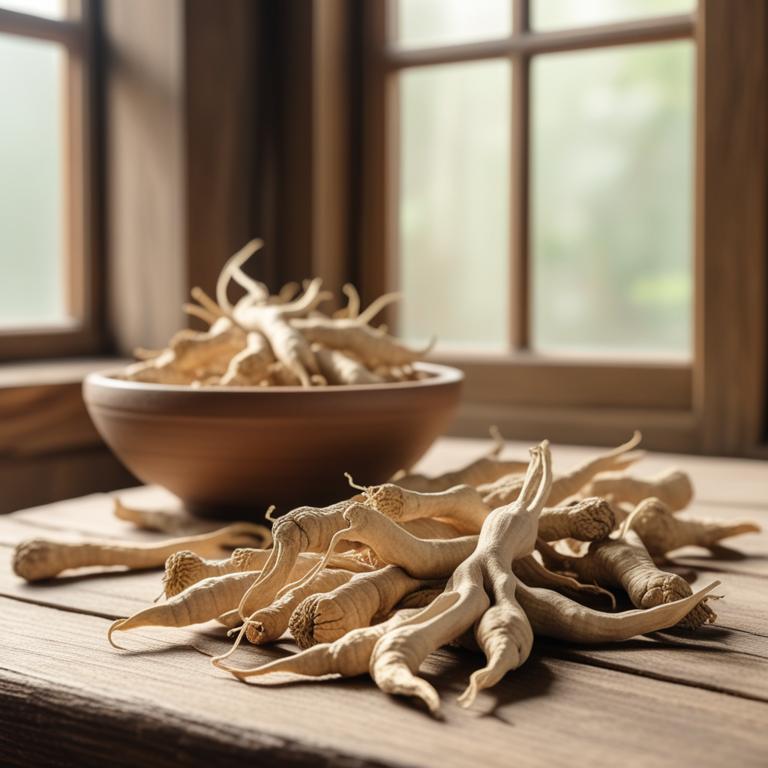
The Role of Medicinal Herbs in Neuritis Prevention and Treatment
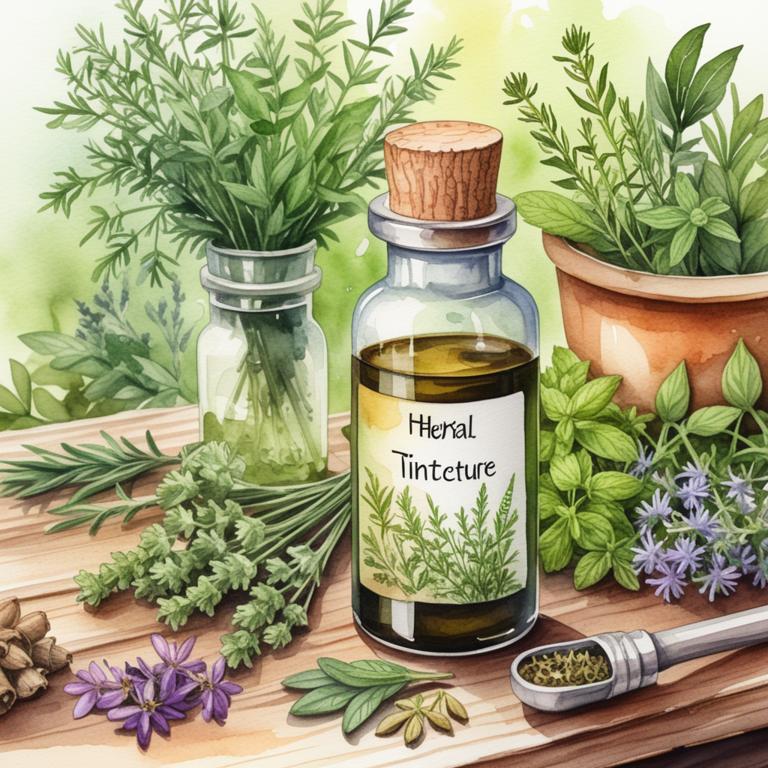
Restless Leg Syndrome: Understanding the Causes and Using Herbal Preparations
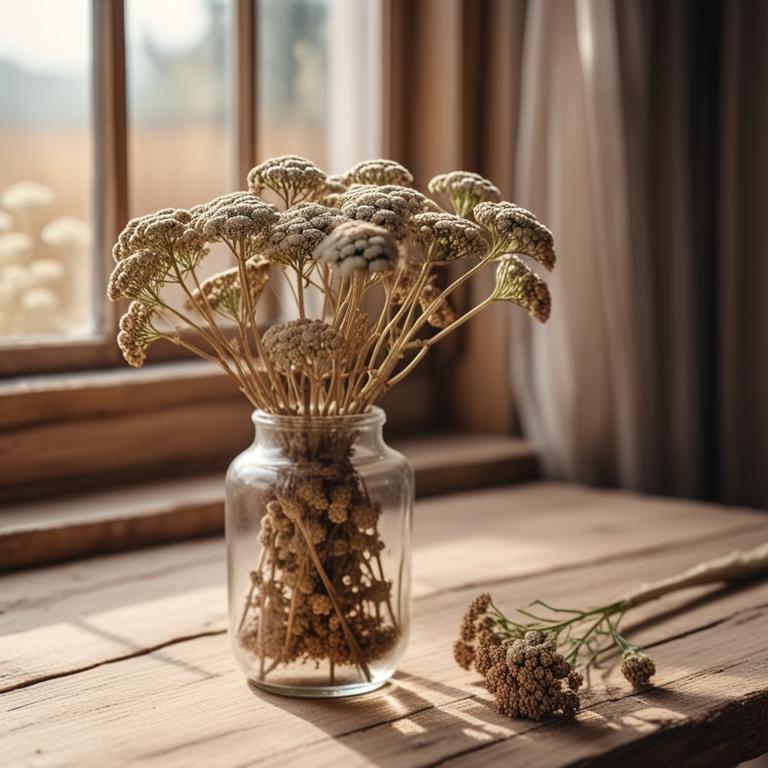
Eye Pain Treatment: Exploring Medicinal Herbs and Herbal Preparations
